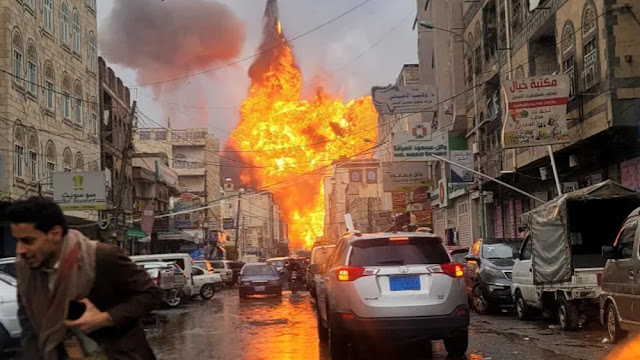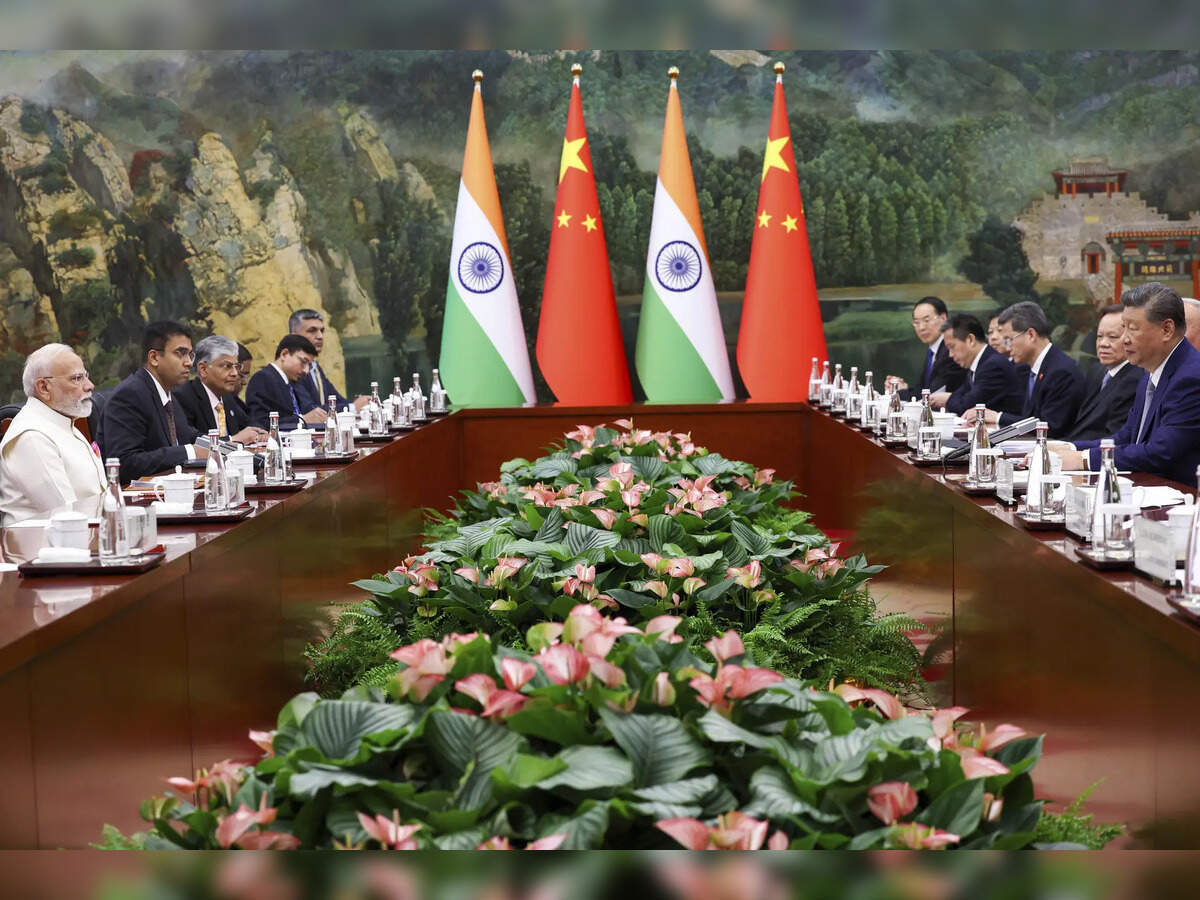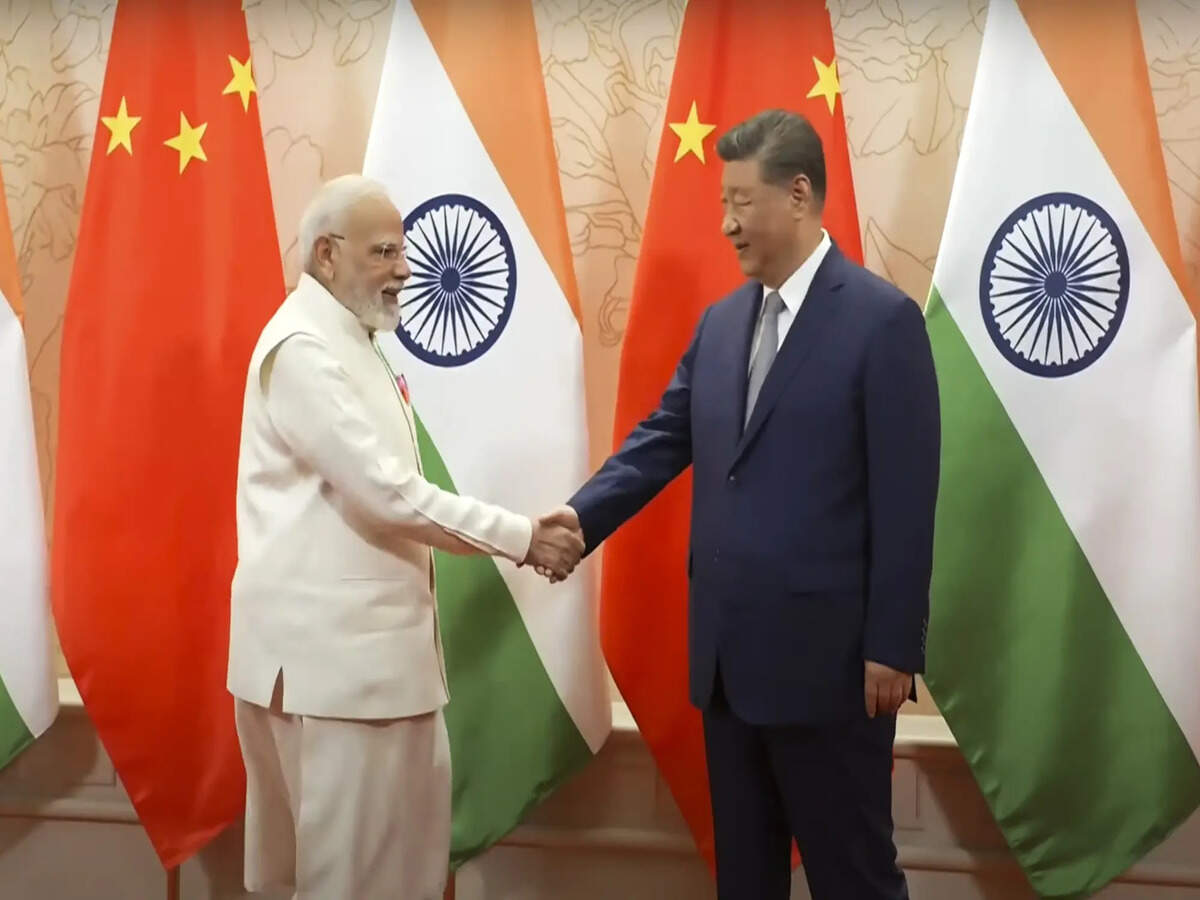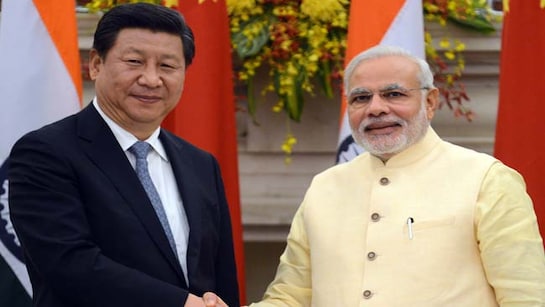In a series of powerful and impassioned statements issued on Saturday, August 30, 2025, resistance movements from Palestine, Lebanon, and Yemen united in mourning the assassination of nine senior Yemeni officials by the Israeli regime. The strikes, which claimed the life of Prime Minister Ahmed Ghaleb Al-Rahawi and other key figures in Yemen’s National Government of Change and Construction, were met with fierce condemnation and a renewed pledge to continue the struggle against Israeli aggression. These statements, issued by groups including Hamas, Islamic Jihad, the Popular Front for the Liberation of Palestine (PFLP), the Palestinian Mujahideen Movement, Fatah al-Intifada, and Lebanon’s Hezbollah, reflect a deep sense of solidarity with Yemen and an unwavering commitment to the Palestinian cause. The assassination, described as a “treacherous and cowardly” act, has only strengthened the resolve of these movements to resist Israel’s ongoing war crimes and genocidal policies in the region.
The Israeli airstrikes on Yemen’s capital, Sana’a, represent a significant escalation in the regime’s campaign of aggression against nations and groups that support the Palestinian struggle. The attacks are part of a broader pattern of Israeli raids on Yemen, which began in response to the Yemeni Armed Forces’ near-daily operations targeting Israeli military and strategic assets. These operations were launched in solidarity with the Palestinian people following Israel’s genocidal war on the Gaza Strip, which began on October 7, 2023, after the historic al-Aqsa Storm Operation led by Gazan resistance groups. The resistance movements’ statements underscore the unity of purpose among regional actors, condemn Israel’s violations of international law, and call for continued resistance against what they describe as the “Zionist entity’s” lawless behavior.
A Collective Outcry Against Israeli Atrocities
In a collective statement, Palestinian resistance factions expressed profound grief over the loss of the Yemeni officials, whom they described as “lifelong defenders of the Palestinian people and their cause.” The factions, including Hamas, Islamic Jihad, the PFLP, the Palestinian Mujahideen Movement, and Fatah al-Intifada, condemned the Israeli airstrikes as “escalating Nazi Zionist assassination operations” designed to break the will of the Yemeni people and diminish their support for Palestine. However, the factions vowed that these acts of aggression would only strengthen their resolve to continue the “jihad (struggle) of victory or martyrdom.”
The collective statement extended heartfelt condolences to Yemen’s Ansarallah resistance movement’s leader, Abdul-Malik al-Houthi, President Mahdi al-Mashat, and the families of the martyred officials. It praised the Yemeni people for their steadfast support for Palestine, describing their sacrifices as a testament to the unity of the Arab and Muslim nations in the face of Israeli oppression. The factions emphasized that the assassinations would not deter Yemen or the broader resistance axis from continuing their struggle against Israel’s genocidal policies and expansionist ambitions.
Hamas: A Unity Forged in Blood
Hamas, the Gaza-based resistance movement, issued a separate statement that highlighted the profound connection between the Yemeni and Palestinian peoples, describing the blending of their blood in the al-Aqsa Storm Operation. The operation, launched on October 7, 2023, was a daring and historic assault by Gazan resistance groups that caught Israel off guard and exposed its vulnerabilities. In response, Israel launched a brutal war on Gaza, characterized by indiscriminate bombing, mass displacement, and widespread destruction, which the resistance movements and many international observers have described as genocidal.
Hamas noted that Yemen’s Armed Forces, along with other regional resistance groups, rose to the occasion in defense of the Palestinian people, launching numerous solidarity strikes against Israeli targets. These strikes targeted strategic assets, including military bases and infrastructure, in a bid to pressure Israel to halt its aggression in Gaza. Hamas declared that the “pure and dear bloods” of the Yemeni martyrs affirm the unity of the Arab and Muslim nations and the centrality of the Palestinian cause in the region’s collective consciousness.
The movement condemned the Israeli airstrikes as an expression of “Zionist arrogance against all international norms and laws.” It warned that Israel’s actions pose a grave danger not only to Yemen and Palestine but to the entire region, as the regime’s unchecked aggression threatens to destabilize the Middle East further. Hamas called on the international community to take immediate action to hold Israel accountable and curb its warmongering, emphasizing that silence in the face of such atrocities is tantamount to complicity.
Islamic Jihad: Martyrdom as a Badge of Honor
Islamic Jihad, Hamas’ fellow Gaza-based resistance group, echoed these sentiments, describing the martyrdom of the Yemeni officials as a “badge of honor, pride, and dignity.” The movement emphasized that the assassinations are evidence of the “unity of blood” between the Palestinian and Yemeni peoples, who have both suffered at the hands of Israeli aggression. Islamic Jihad expressed full confidence in Yemen’s ability to continue its operations against the “usurping entity,” arguing that the strikes only highlight Israel’s desperation in the face of growing resistance.
The movement praised Yemen’s Armed Forces for their bold and persistent strikes against Israeli targets, which have disrupted the regime’s sense of security and exposed its vulnerabilities. Islamic Jihad asserted that the assassinations would not weaken Yemen’s resolve but would instead inspire greater determination to punish Israel for its crimes. The movement’s statement reflects a deep sense of solidarity with Yemen and a shared commitment to resisting Israeli oppression, regardless of the cost.
Popular Front for the Liberation of Palestine: A Futile Policy of Assassination
The Popular Front for the Liberation of Palestine (PFLP) issued a statement that underscored the futility of Israel’s policy of targeted assassinations. The PFLP argued that such actions have “proven their impotence and failure” in the face of the resilience and determination of the Palestinian and Yemeni peoples. The movement praised the martyred Yemeni officials as models of loyalty to the Palestinian cause, noting that their sacrifices would serve as “fuel for the march of steadfastness.”
The PFLP’s statement highlighted the broader context of Israel’s aggression, which it described as a desperate attempt to suppress the growing resistance to its occupation and genocidal policies. The movement emphasized that the blood of the martyrs would not be shed in vain but would inspire future generations to continue the struggle for justice and liberation. By framing the assassinations as a sign of Israel’s weakness, the PFLP sought to rally support for the resistance and underscore the importance of unity in the face of adversity.
Palestinian Mujahideen Movement: Proof of the Correct Path
The Palestinian Mujahideen Movement described the Israeli airstrikes as “conclusive proof of the correctness of the path” chosen by Yemen and the broader resistance axis. The movement argued that the assassinations reflect Israel’s “helplessness and failure” in the face of Yemen’s powerful strikes, which have disrupted the regime’s operations and challenged its regional dominance. The movement pledged that the Palestinian people would never forget Yemen’s sacrifices, which have strengthened the bond between the two nations.
The Mujahideen Movement’s statement emphasized the moral and strategic importance of Yemen’s support for Palestine, noting that the Yemeni Armed Forces’ operations have played a critical role in pressuring Israel and its allies. The movement called on the Palestinian people to honor the memory of the Yemeni martyrs by continuing their resistance against Israeli occupation and aggression. The statement reflects a deep sense of gratitude for Yemen’s contributions and a shared commitment to the liberation struggle.
Fatah al-Intifada: Strengthening Steadfastness
Fatah al-Intifada, another Palestinian resistance group, praised Yemen’s “epics of heroism” and condemned the Israeli assassinations as a desperate attempt to weaken the resistance. The movement insisted that the attacks would only “increase steadfastness” and reinforce the determination of the Yemeni and Palestinian peoples to remain in the “camp of resistance.” Fatah al-Intifada’s statement highlighted the resilience of the Yemeni people, who have faced significant challenges, including a protracted conflict and humanitarian crisis, yet continue to stand in solidarity with Palestine.
The movement’s statement underscored the importance of unity among resistance groups in the face of Israeli aggression. By targeting senior Yemeni officials, Israel aims to sow fear and division, but Fatah al-Intifada argued that such actions would only strengthen the resolve of the resistance axis. The movement called on the international community to recognize the sacrifices of the Yemeni people and take action to hold Israel accountable for its crimes.
Hezbollah: A Model of Commitment
From Lebanon, the Hezbollah resistance movement joined the chorus of condemnation, extending “heartfelt condolences and sincerest sympathies” to the Yemeni people and Ansarallah’s leader, Abdul-Malik al-Houthi. Hezbollah described the Israeli airstrikes as a “treacherous and cowardly Zionist aggression” that targeted an official government meeting in Sana’a. The movement praised Yemen’s steadfast support for Palestine as “the truest model of commitment,” noting that the Yemeni people have set an example for others in the region by standing firm in the face of adversity.
Hezbollah’s statement highlighted the broader implications of Israel’s actions, which it described as a threat to regional stability and a violation of international norms. The movement called on the international community to condemn Israel’s aggression and take concrete steps to hold the regime accountable. Hezbollah’s solidarity with Yemen underscores the interconnected nature of the resistance axis, which spans Palestine, Yemen, Lebanon, and other parts of the region, united by a shared commitment to resisting Israeli hegemony.
Context of the Israeli-Yemeni Conflict
The Israeli airstrikes on Yemen must be understood within the broader context of the regime’s response to Yemen’s support for Palestine. Since October 7, 2023, when the al-Aqsa Storm Operation exposed Israel’s vulnerabilities, Yemen’s Armed Forces have conducted near-daily operations targeting Israeli military and strategic assets. These operations, which include drone and missile strikes, have disrupted Israel’s sense of security and drawn international attention to the Palestinian cause.
Israel’s retaliatory raids on Yemen, including the recent assassinations, are seen as an attempt to punish the country for its solidarity with Palestine and deter further attacks. However, the resistance movements’ statements make it clear that these actions have only strengthened their resolve. The assassination of Prime Minister Al-Rahawi and other officials is a significant escalation, as it targets the leadership of Yemen’s National Government of Change and Construction, a body tasked with addressing the country’s governance and development challenges amid a protracted conflict.
Implications for Regional and Global Dynamics
The Israeli airstrikes on Yemen have far-reaching implications for regional and global dynamics. The targeting of senior officials threatens to destabilize Yemen’s already fragile governance structures, exacerbating the country’s humanitarian crisis and complicating efforts to achieve peace. The resistance movements’ statements highlight the need for a unified response to Israel’s aggression, both within the region and on the global stage.
The assassinations also risk escalating tensions across the Middle East, where solidarity with Palestine is a unifying cause for many nations and communities. The resistance movements’ warnings about growing outrage in the Muslim world reflect the potential for Israel’s actions to provoke retaliatory strikes and further inflame the region. By targeting Yemen, Israel is attempting to assert its dominance, but the resistance movements argue that this strategy will backfire, fueling greater resistance and solidarity.
On the global stage, the resistance movements’ call for action underscores the urgent need for the international community to address Israel’s violations of international law. The United Nations, human rights organizations, and world leaders have a responsibility to hold Israel accountable and ensure that its leaders face justice for their crimes. The resistance movements’ statements serve as a rallying cry for governments and individuals to stand against Israel’s lawlessness and support the Palestinian and Yemeni peoples in their struggle for justice.
A Unified Resistance Axis
The statements issued by the resistance movements reflect the strength and unity of the regional resistance axis, which includes Palestine, Yemen, Lebanon, and other actors committed to opposing Israeli aggression. This axis has grown increasingly coordinated in recent years, with groups like Hamas, Islamic Jihad, Hezbollah, and Ansarallah working together to challenge Israel’s dominance. The assassinations in Yemen are a stark reminder of the risks faced by those who resist, but they also highlight the resilience and determination of the resistance movements.
The unity of purpose among these groups is rooted in a shared commitment to the Palestinian cause and a broader vision of justice and liberation in the region. The blending of Yemeni and Palestinian blood, as described by Hamas, symbolizes the deep bond between the two peoples and their shared struggle against a common enemy. The resistance movements’ pledge to continue their “jihad of victory or martyrdom” reflects their willingness to make sacrifices in pursuit of their goals, even in the face of overwhelming odds.
The Path Forward
The assassination of Yemeni officials marks a critical moment in the ongoing struggle against Israeli aggression. The resistance movements’ statements convey a message of defiance, resilience, and solidarity, signaling that Israel’s actions will not deter their efforts. For Yemen, the path forward involves continuing its operations against Israeli targets while navigating the challenges of internal conflict and external aggression. For the Palestinian resistance, the assassinations are a reminder of the high stakes of their struggle and the need to remain united in the face of adversity.
The international community faces a moral and legal imperative to respond to Israel’s actions and support the Yemeni and Palestinian peoples. The resistance movements’ call for accountability must be heeded, with concrete steps taken to hold Israel’s leaders responsible for their crimes. This includes imposing sanctions, pursuing legal action through international courts, and amplifying the voices of those affected by Israel’s aggression.
In conclusion, the resistance movements’ statements in response to the Israeli assassination of Yemeni officials reflect a profound sense of mourning, condemnation, and determination. The attacks represent a dangerous escalation in Israel’s campaign against those who support the Palestinian cause, but they have only strengthened the resolve of the resistance axis. As Yemen, Palestine, and their allies continue their struggle, the international community must take action to address Israel’s lawlessness and support the cause of justice and liberation in the region. The martyrs’ blood, as the resistance movements have vowed, will remain a source of inspiration and strength for the march toward victory.








